When an act of terror occurs, we look to the future to ease our concern. Perhaps, we should start listening to the experiences of the past instead.
These acts of atrocity, while unthinkable in nature, aren’t the first of their kind.
In last year’s publication, the Study of Terrorism and Responses to Terrorism (START) program, found in 2017 there were 10,900 global terror acts.
At a time when extremist ideologies are informing terrorism, it is difficult to ignore the foundations of such beliefs.
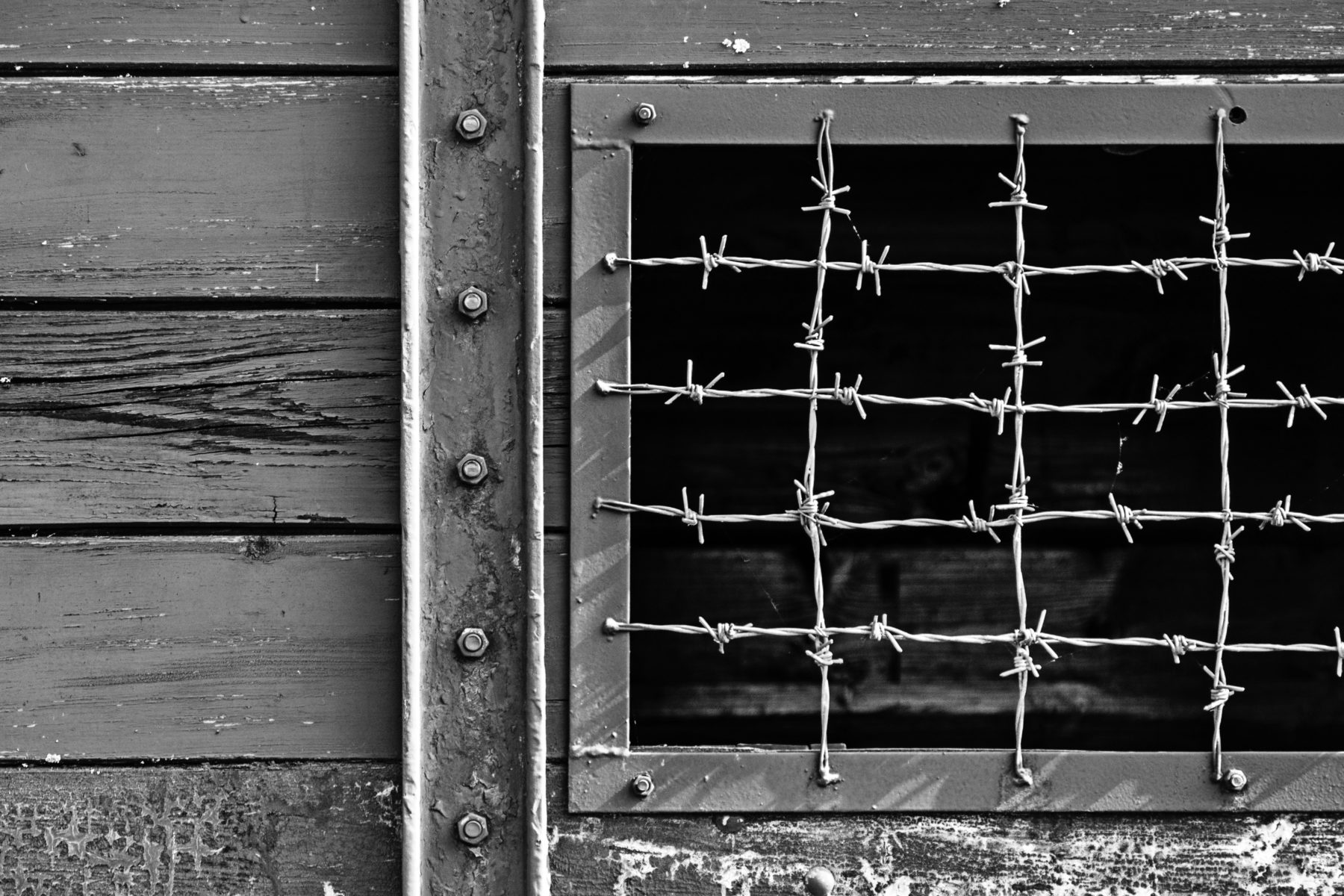
Recent attacks, like that of Christchurch, showcase how ideas of religious-targeting and hatred are still present and how we need to begin to hold up a mirror to other histories to find the catalyst.
The Holocaust, for instance, grew out of the systematic measures of oppression, violence, and destruction of the Nazi genocidal program against the Jews.
Perhaps now, the past can be used to reflect on how we think about terror today and allow us to minimise such horrors from occurring again.
Importance of educating all
Dr. Donna Frieze, a lecturer of Holocaust studies in Deakin University’s Faculty of Arts and Education, says “part of the reasoning behind teaching the Holocaust is its ethical implications for everyday life.
“So the question is, how does one actually “teach” ethics and morality without preaching, or becoming didactic?”
The answer is difficult to pin-point as classrooms are transformed by digital advancements.
Kids are gravitating towards topics that involve tactile activities and mind-boggling experiments allowing dust to form on history.
Textbooks and documentaries are no longer exciting and engaging despite the unquestionable significance of the Holocaust.
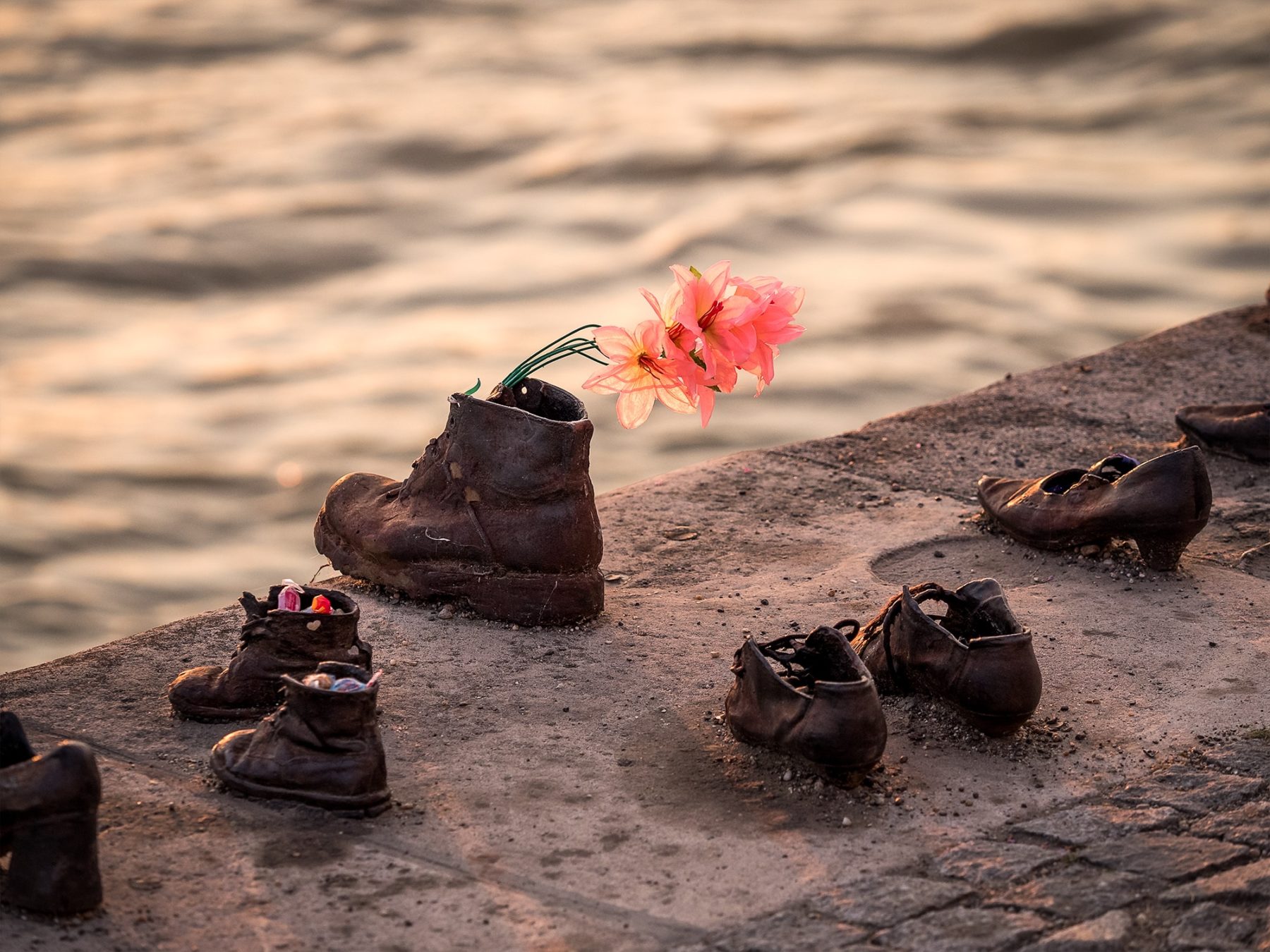
“Scholars and teachers have found that empathy is one way to teach the Holocaust, which is why exposing students to survivor testimony or an encounter with a survivor often works, but of course, sometimes doesn’t.
“However, it seems to be more effective than a straight history lesson.”
Perhaps if we had mandated structures in place, learning may rise.
Australia has just recently been admitted as a member to the International Holocaust Remembrance Alliance (IHRA) and it will be interesting to see how this reworks and improves methods of teaching the Holocaust.
However, a vital aspect in informing people about the Holocaust regardless of education level is that “not everyone who went through the Holocaust as a victim or potential victim was in an extermination camp.”
Experiences of the Holocaust and the people it involved are diverse and don’t all share the same histories.
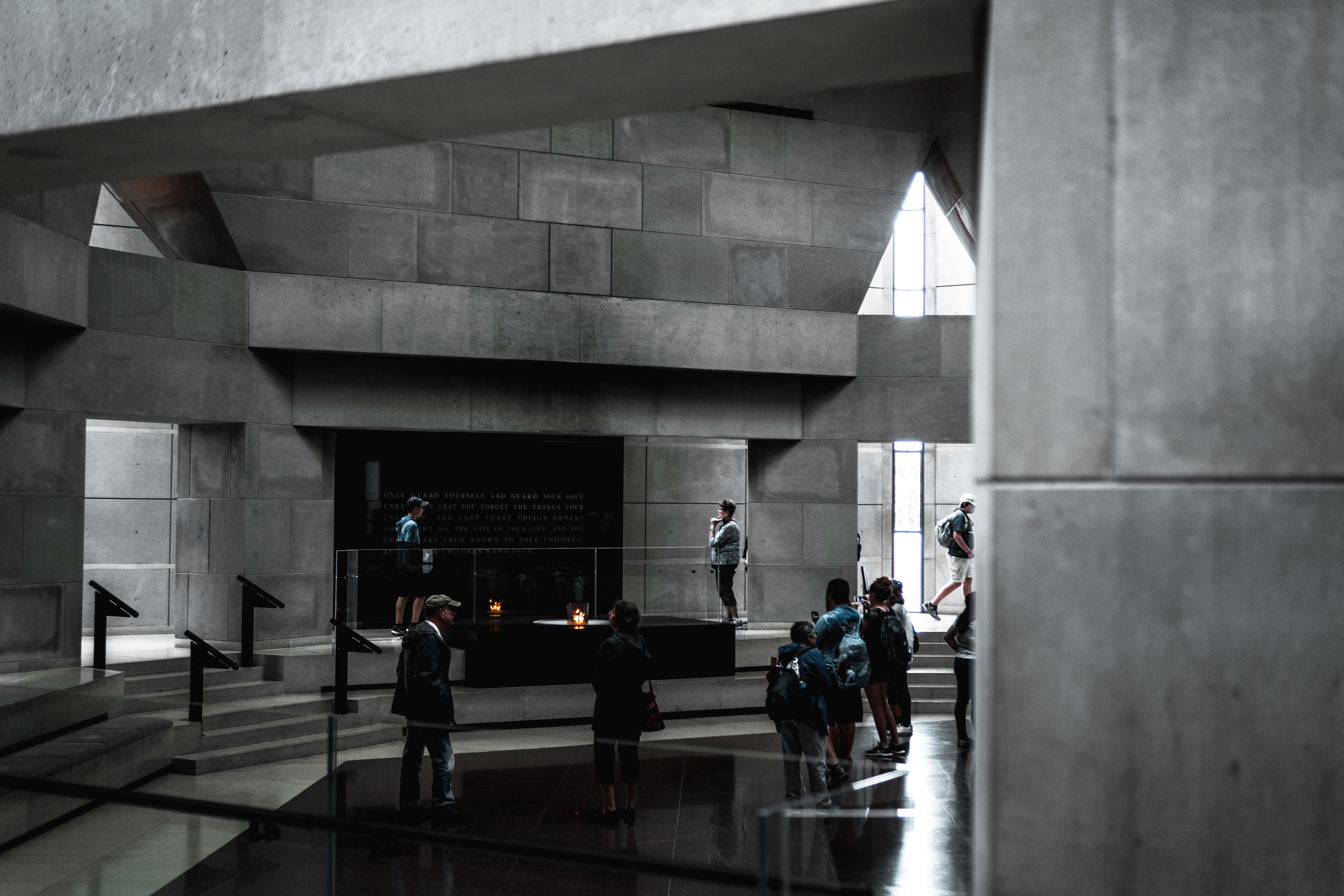
Dr Frieze also asks us to question the idea of education preventing future acts of genocide entirely.
She argues, “some events are incomprehensible to the survivor (despite the fact they lived through them) so articulating these events is very difficult.”
“I think this is why Primo Levi’s memoirs of the Holocaust are so important to readers: he comes close to articulating the ‘incomprehensible’.”
“Does this ensure the Holocaust never happens again? I doubt it.”
Records of remembrance
Educators and others frequently advocate for students to learn about the events in Germany, Poland and most of Europe after 1939 before it’s ‘too late’.
Not only reading about these events but hearing them from Holocaust survivors is intrinsic to understanding the prejudice and discrimination faced by the Jews at this time.
Dr Frieze says, “For many years, historians did not trust testimony because it meant trusting a traumatic memory.
“Now, oral history and testimonies are a wealth of information and learning for historians. ”
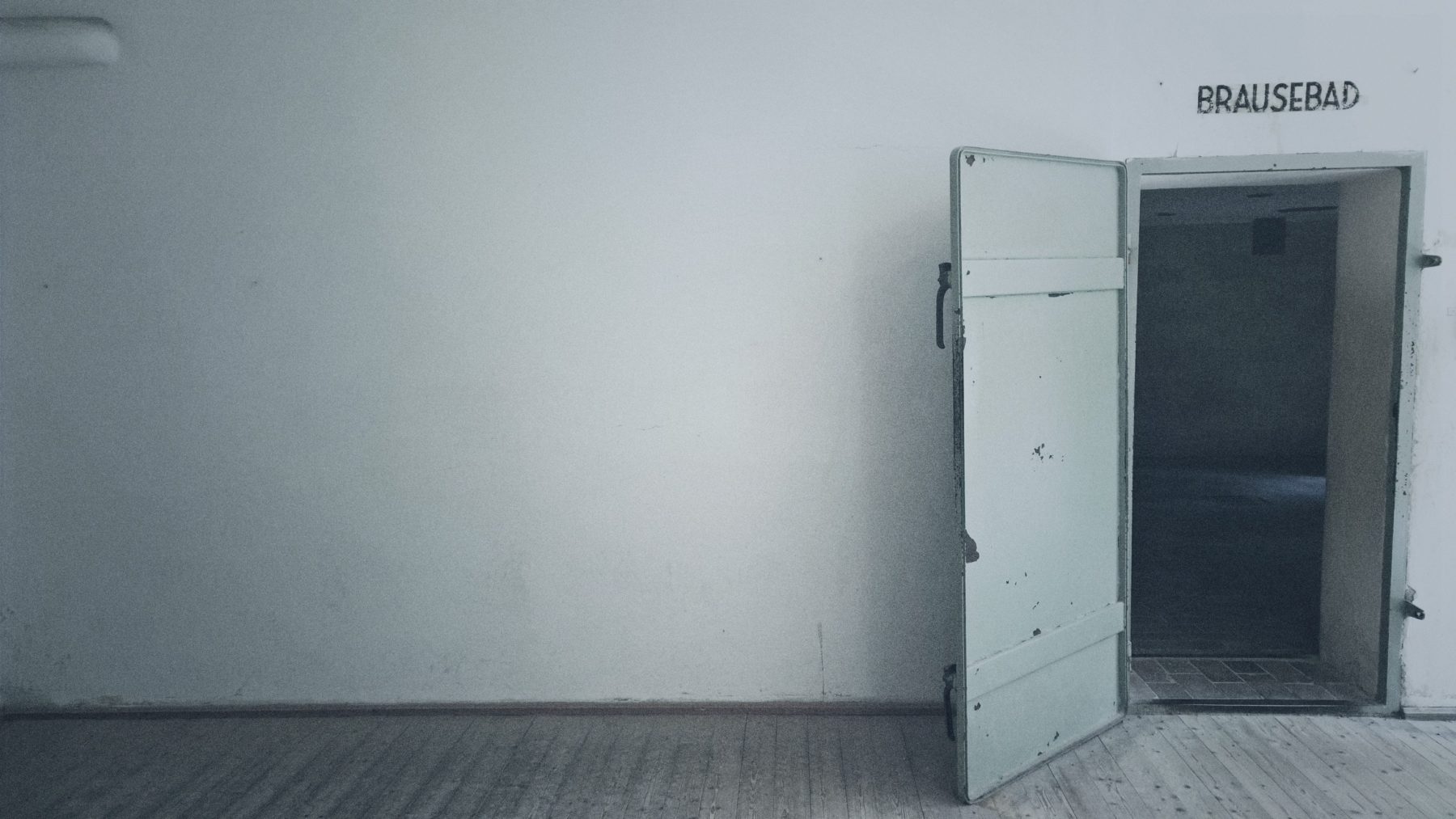
“It has taken a lot longer for some survivors to speak about other genocides feeling that this may diminish the genocide they feel is most paradigmatic.
“But many do now. But we have to avoid a ‘hierarchy of suffering’”
Sadly, due to the aging pool of survivors, it is becoming more difficult to bear witness to these testimonies, however, it does not mean their impact is gone.
Younger generations have a duty to remember, and this is why learning about the past is so important.
“Many survivors are now in their 90s and part of the motivation for staying alive is to tell as many people as they can about their story.”
Terror in the new age
Acts of terror are undoubtedly informing our day-to-day lives.
People have begun to avoid walking down streets in the CBD with barricades in view and hesitate to travel to particular regions.
These measures have become a way to navigate around danger and is prompted by fear of the destruction of life.
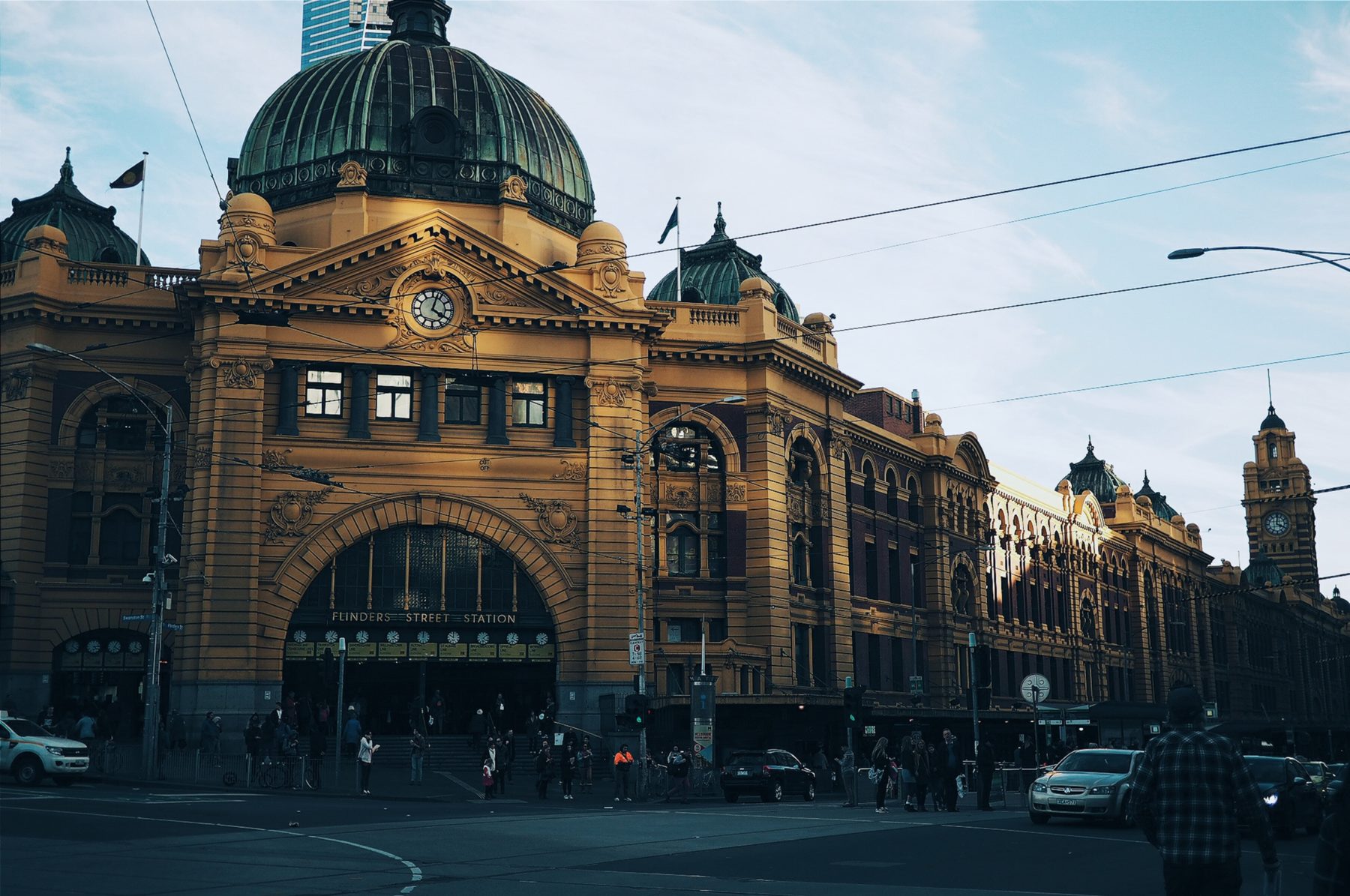
It is important to note here that the intent to destroy on a mass scale by targeting a particular group is a foundation of state sanctioned genocide like the Holocaust.
As Dr Frieze notes these ideas have “similar abhorrent qualities to mass shootings, as in Christchurch.”
Mass-killing squads like the Einsatzgruppen were implemented to “murder Jews and other ‘undesirables’ across Poland and Russia.
As they were following the army, they conducted genocide under ‘the cloak of war’ often using shooting as a method of murder.”
We cannot ignore how “there may be some ‘acting out’ in the terrorist attacks resulting from genocides. But the international world had laws about terrorism long before it had a genocide convention.”
It is often speculated that those who commit attacks of terror admire the genocidal acts of the Holocaust. Or perhaps even mimic methods of destruction.
However, this potential influence is not what we need to take away from lessons of the past.
Instead, we can allow survivors’ calls for respect and understanding to ring true.
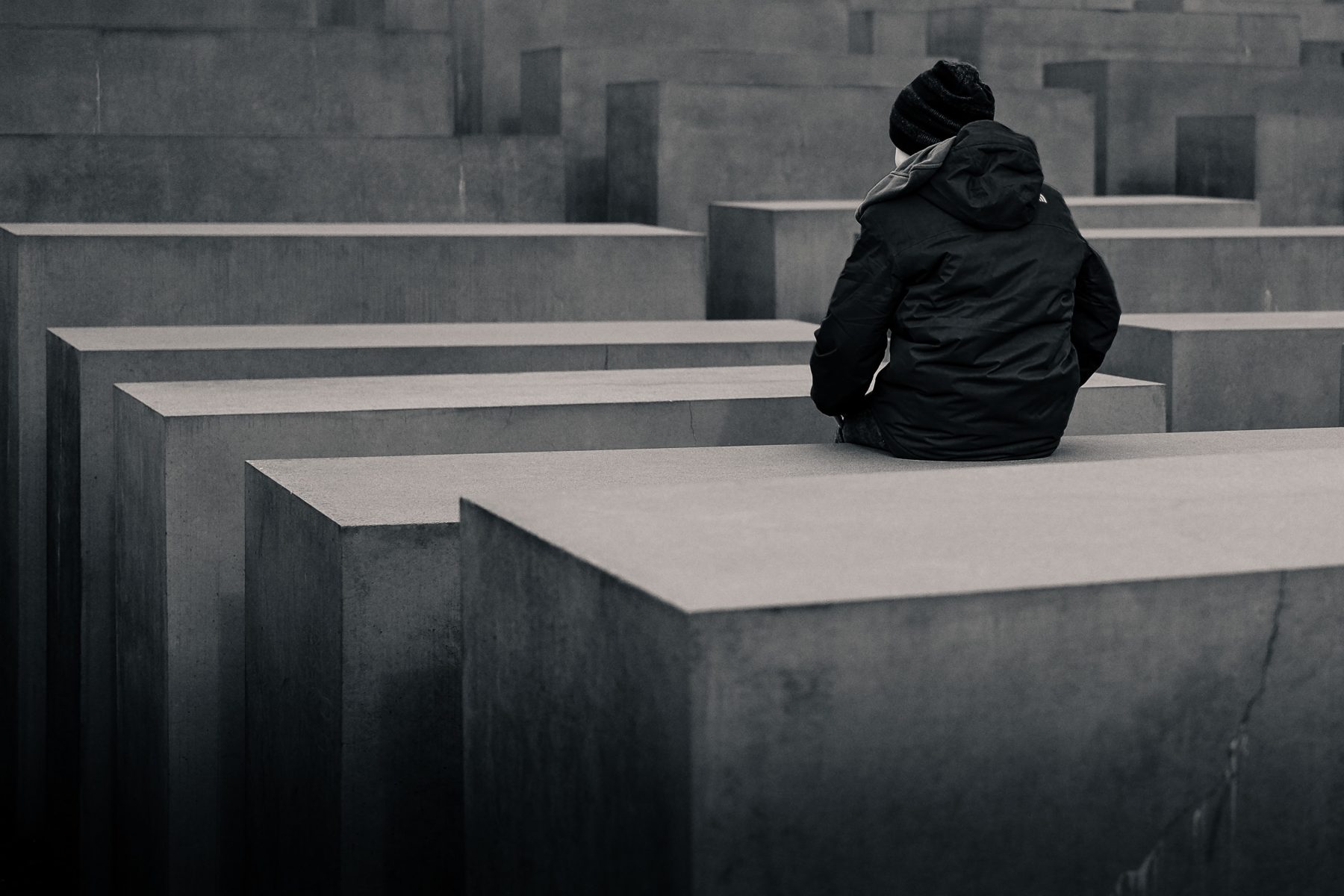
As Primo Levi writes, “it happened, therefore it can happen again: this is the core of what we have to say. It can happen, and it can happen everywhere.”
Dr Frieze adds in “watching students over the years I believe their [the survivors’] actual stories and accompanying humanity has major impacts” on understanding the Holocaust.
“There was a recent report completed by the International Holocaust Remembrance Alliance that found that we are unlikely to have an impact on people (students) who cannot or will not change their behaviour.”
Dr Frieze says, “in other words, Holocaust education is unlikely to make an impact on behaviour if the students are unable or unwilling to change.
“The impact will fall upon those whose minds are open to behavioural change.”
It then is “not what you teach but that way that you teach it.”
“In other words, teaching facts or basic moral arguments (such a “good” and “evil”) may have less impact than engaging with survivor testimony. So that’s the long answer.
“The short answer is the lessons of the past can help in the present, but it is not a given.”
In an attempt to rally against the hate, violence, and intimidation that terrorism produces we need to remember the words of the past.
These atrocities have already occurred, not only for us to mourn, but for us to resist and learn from.



